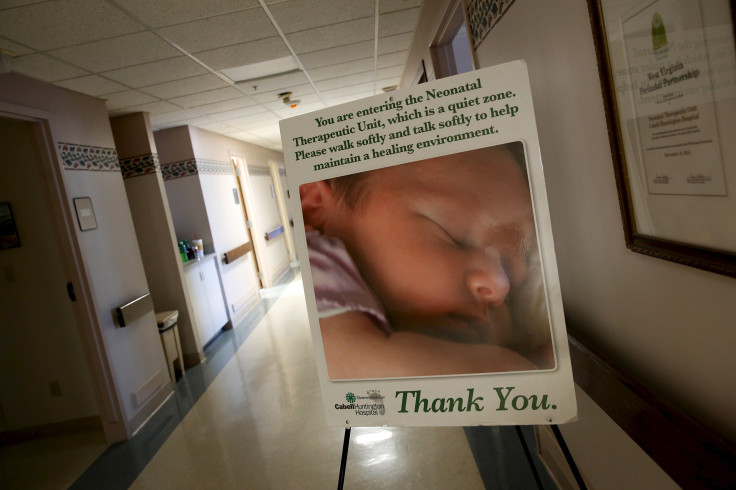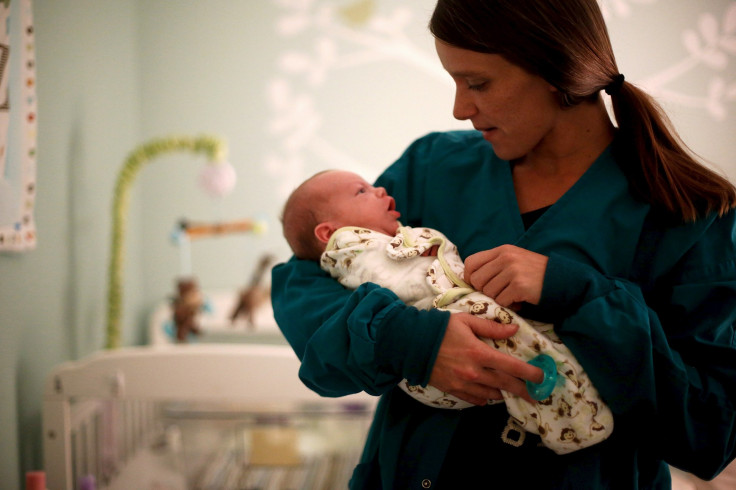What Is Neonatal Abstinence Syndrome? Number Of Drug Addicted Babies Born In Rural Areas Rising

As the United States battles against a devastating opioid epidemic, reports persist of children and babies accidentally overdosing after mistakenly consuming pills. Other babies are affected even before birth.
The incidence rates for neonatal abstinence syndrome, or babies born addicted to drugs, increased nearly five-fold in the United States since 2000, a report published Monday found. Neonatal abstinence syndrome refers to the multitude of problems that occur when a newborn is exposed to addictive opioids while in the womb. Drugs like heroin, codeine, oxycodone and others pass easily through the protective placenta and cause dependence in the baby before he or she is born. After birth, an addicted baby can exhibit symptoms ranging from blotchy skin to seizures and death if not properly treated.
The study, published in the Journal of the American Medical Association found that the rate of babies diagnosed with drug withdrawal symptoms in rural areas skyrocketed to 7.5 cases per 1,000 births in 2012 and 2013 from just over one case per year in the preceding decade.

“What this trend tells us is the country faces an addiction crisis. Many Americans face hopelessness, despair, economic hardship and very little appropriate coping mechanisms to deal with that,” Dr. Sean Loudin, medical director of a neonatal therapeutic unit at Cabell Huntington Hospital in West Virginia, told CNN. “We need to focus on helping Americans deal with their problems of addiction. If we can help the adults who face the disease of addiction, then that will eventually trickle down and reduce the number of babies born exposed to drugs.”
The rate of neonatal abstinence syndrome increased 383 percent from 2000 to 2012, according to the Centers for Disease Control and Prevention. At Aurora Sinai Medical Center in Milwaukee, nearly two dozen babies were born addicted to drugs in the span of just five months, Wisconsin Public Radio reported in November.
© Copyright IBTimes 2024. All rights reserved.






















